CWRA 2023 National Conference
Rising with the Tide:
Working Together to Address Water Resource Challenges
June 18-21, 2023
Halifax, NS
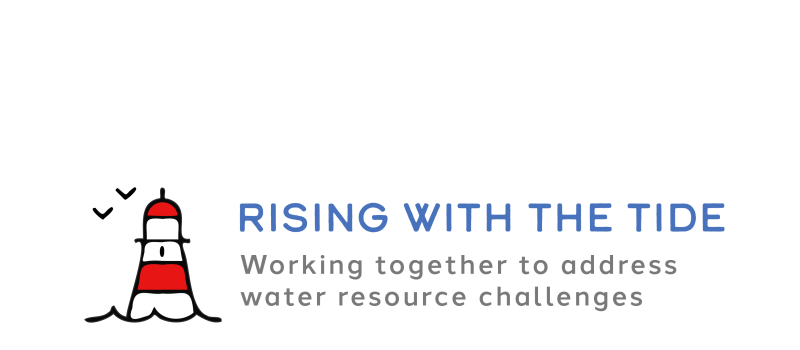
Thank you for attending CWRA2023!
In choosing a theme for the conference, we wanted to have something that had a clear connection to our region, while also highlighting what our team felt was a current key focus in our area of work – the clear value of collaboration within water resources. This led us to our conference theme, which is “Rising with the tide: working together to address water resource challenges”. In support of this theme, we have outlined several of the key focuses our team is considering in developing the conference below:
- Highlighting the value of collaboration and information sharing in water resources management;
- Highlighting unique regional challenges, expertise, and solutions that can be potentially considered and adopted by others from across the country;
- Integrating indigenous water resources knowledge and perspectives; and
- Welcoming and learning from the knowledge and experiences of our colleagues from coast to coast.
We are pleased that this theme resonated through the conference experience. Thanks to the enthusiasm of our presenters and other attendees, this conference sold out.
CWRA 2023 Program
CWRA 2023 Sponsors
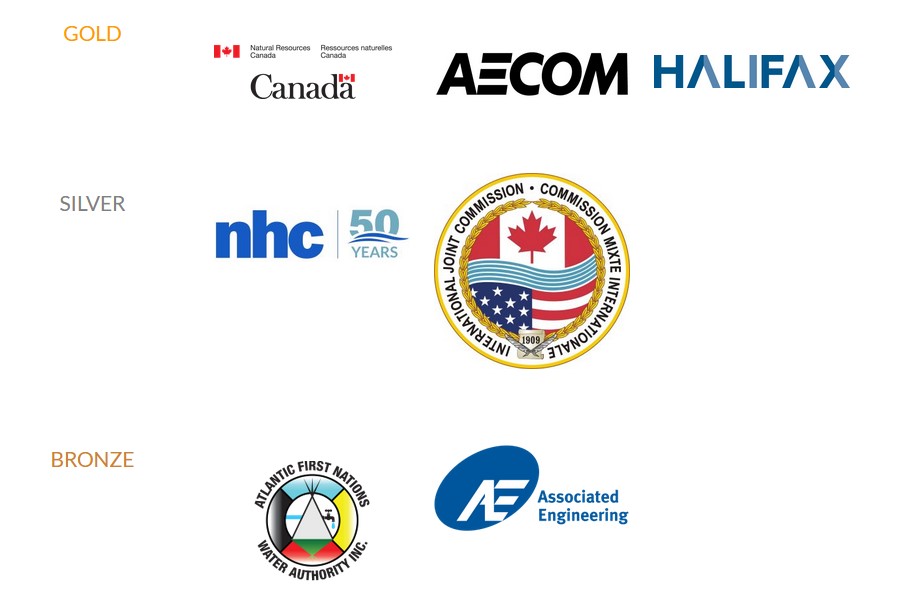
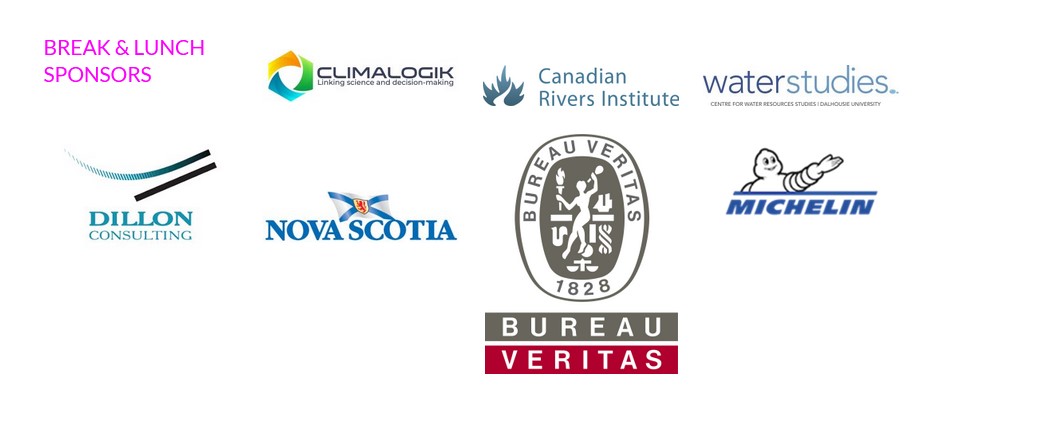
CWRA 2023 Exhibitors
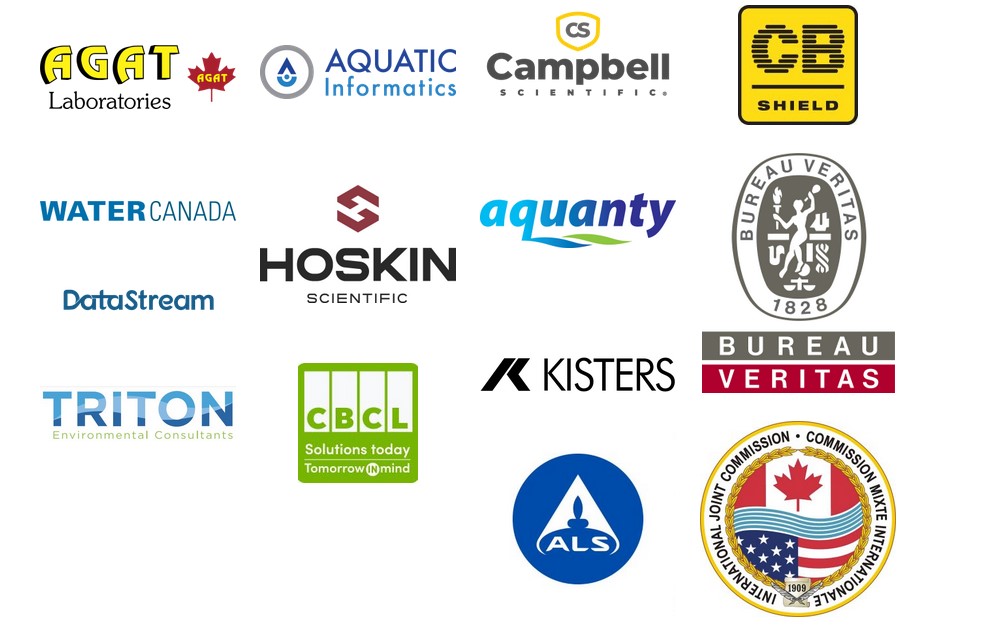
Thank you to our Sponsors and Exhibitors!
Indigenous Inclusion
In recognition of the importance of Truth and Reconciliation in Canada, the 2023 CWRA National conference is directing 10% of all sponsorship proceeds to Indigenous Inclusion activities and themes throughout the conference. CWRA recognizes the need, value and importance gained in having all voices at the table in an inclusive space. Funds will support Indigenous speakers, travel costs and events featuring Indigenous performers and Knowledge Keepers, and activities that support the participation and attendance of Indigenous people.
Keynote Speaker Bios
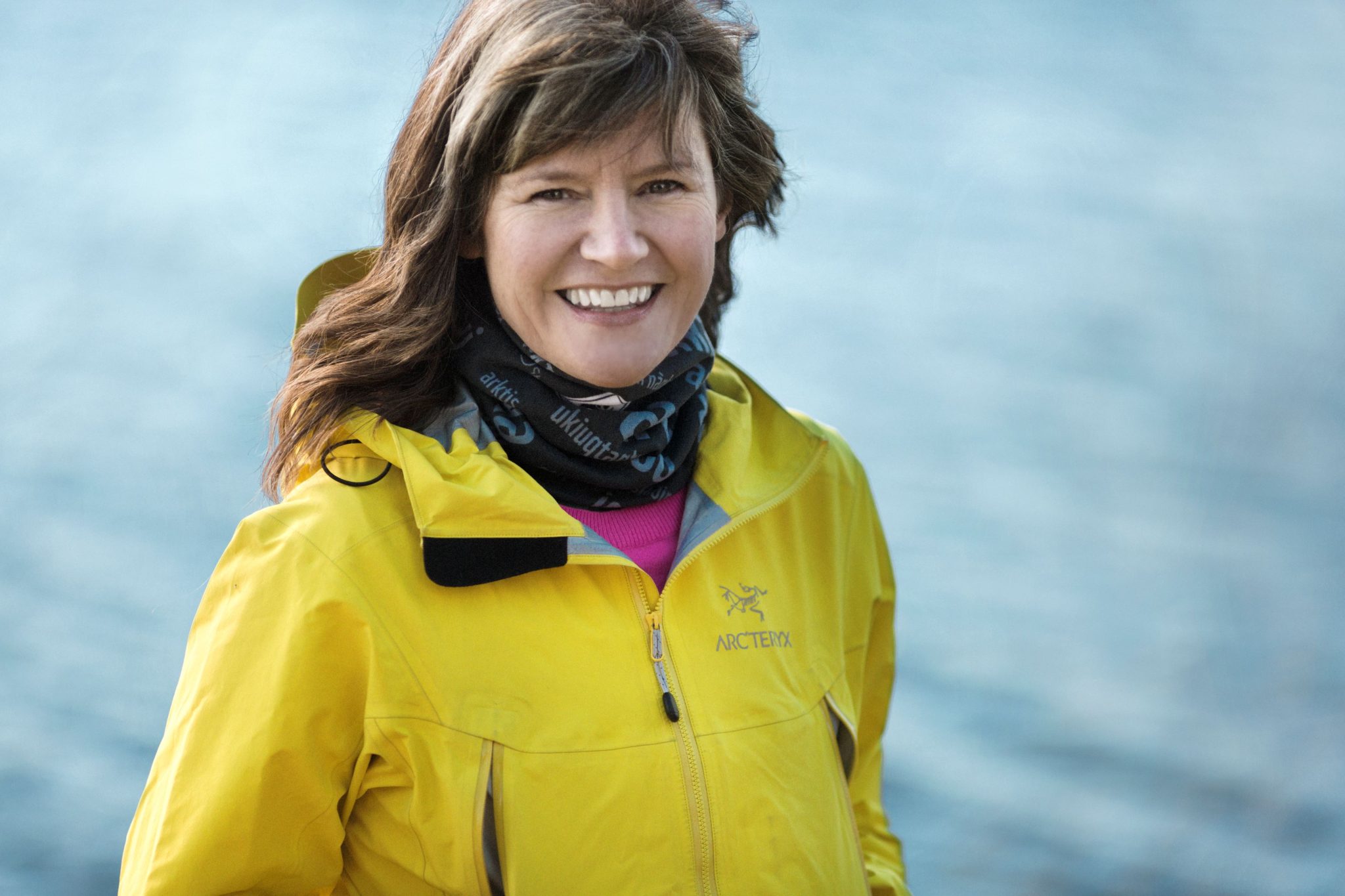
Banquet Speaker: Megan Leslie
Megan Leslie is President & CEO of World Wildlife Fund-Canada. Since taking on this role, Megan has led WWF-Canada’s bold 10-year plan Regenerate Canada, to expand habitats, reduce carbon in the atmosphere, lower industrial impacts and, as a result, reverse wildlife loss and fight climate change. She is also passionate about engaging Canadians to take action for nature. Before assuming the role of President & CEO, Megan was WWF-Canada’s Vice-President, Oceans. Prior to that, she was a Member of Parliament representing Halifax for two terms during which she was deputy leader of the Official Opposition, environment critic and vice-chair of the government committee on environment and sustainable development. As a Parliamentarian Megan introduced a motion to ban plastic microbeads which led to a ban on the Canadian manufacture, sale and importation of these products. She also expedited the creation of Sable Island National Park Reserve. Megan is the proud recipient of an Honourary Degree from Mount Saint Vincent University in Halifax, is a Senior Policy Fellow at the Munk School of Global Affairs and Public Policy at the University of Toronto, and an ArcticNet board member.

Keynote Speaker: Shelley Denny
Shelley Denny is a Mi’kmaq from Eskasoni First Nation and the Director of Aquatic Research and Stewardship at the Unama’ki Institute of Natural Resource (UINR). She attended Acadia University where she obtained her BSc in Biology and later obtained her MSc in Biology at St. F.X University and Ph.D. at Dalhousie University.
Her research interests are in exploring ways Indigenous and western knowledge can be used for the benefit of all, known as Two-Eyed Seeing. Her doctoral research built on her current interest and experience at UINR by exploring how Aboriginal and treaty fisheries can be governed in Nova Scotia using Two-Eyed Seeing.
As the founder of Indigenous Minds Consulting, Dr. Denny’s other interests are to assist government, academia, and industry understand the differences between knowledge systems and how they are harnessed to enhance resource management in Canada.
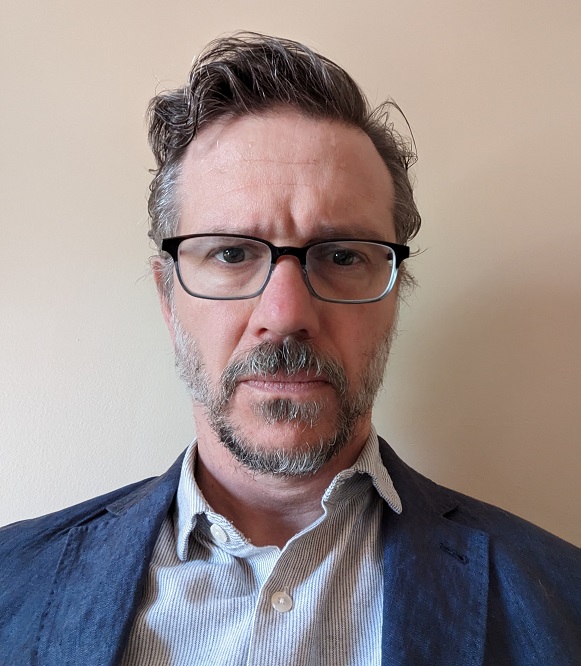
Keynote Speaker: Dr. Wayne Jenkinson
Dr. Wayne Jenkinson is the Executive Director of the National Hydrological Service (NHS) within Environment and Climate Change Canada. The NHS includes 340 staff and is the federal administrator of the national hydrometric monitoring network and is responsible for operating approximately 2200 water monitoring stations on rivers and lakes across Canada. The NHS also lends its water resources engineering and scientific expertise to domestic and international water management boards, to transboundary studies and committees, the World Meteorologic Organization, and to other water resources issues of national importance.
Before joining the NHS in 2021, Dr. Jenkinson spent 5 years as the Senior Engineering Advisor at the Canadian Section of the International Joint Commission (IJC) directing studies and board activities relating to water level management, water quality and numerical modelling activities in transboundary regions.
Prior to his time at the IJC, he was the Senior Research Engineer and Water Resources Lead for the Ocean, Coastal and River Engineering (OCRE) portfolio at the National Research Council (NRC) of Canada. His work and research focused on numerical modelling and model development in the fields of hydrology, hydrodynamics and water quality, including the development of operational flow forecasting systems for provinces and hydropower utilities across Canada.
Dr. Jenkinson is the Hydrological Advisor to Canada’s permanent representative to the WMO, is past president of the Canadian Society of Hydrological Sciences and has received his master’s degree from the University of British Columbia and his Ph.D. from the University of Waterloo.
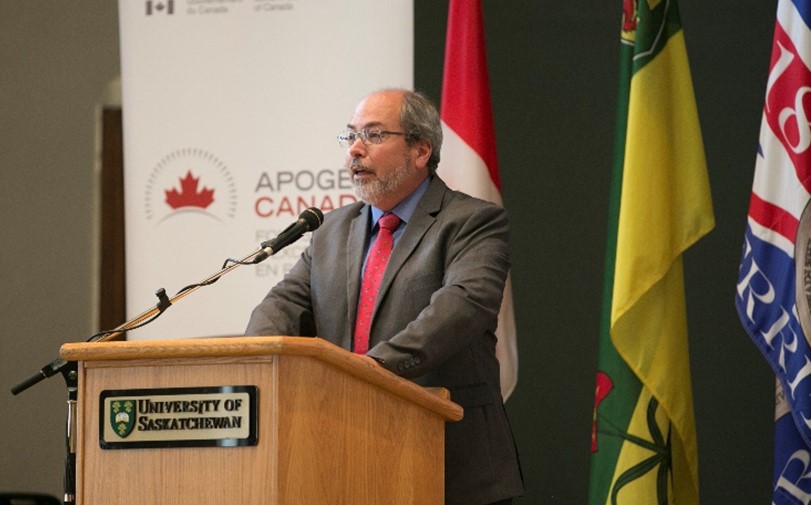
Keynote Speaker: Dr. John Pomeroy
Dr. Pomeroy is the Director of the Global Water Futures Programme – the largest university-led freshwater research project in the world. He is the UNESCO Chair in Mountain Water Sustainability, Canada Research Chair in Water Resources and Climate Change, Distinguished Professor of Geography, and Director of the USask Centre for Hydrology and the Canmore Coldwater Laboratory at the University of Saskatchewan. His primary research interests are in cold regions hydrology and water quality with an emphasis on snow processes, and the development of novel observational and modelling techniques. Dr. Pomeroy has authored over 400 research articles and several books that have been cited over 23,000 times
https://scholar.google.ca/citations?user=1wATtH4AAAAJ&hl=en.
https://research-groups.usask.ca/hydrology/people/profiles/john-pomeroy.php#Biography
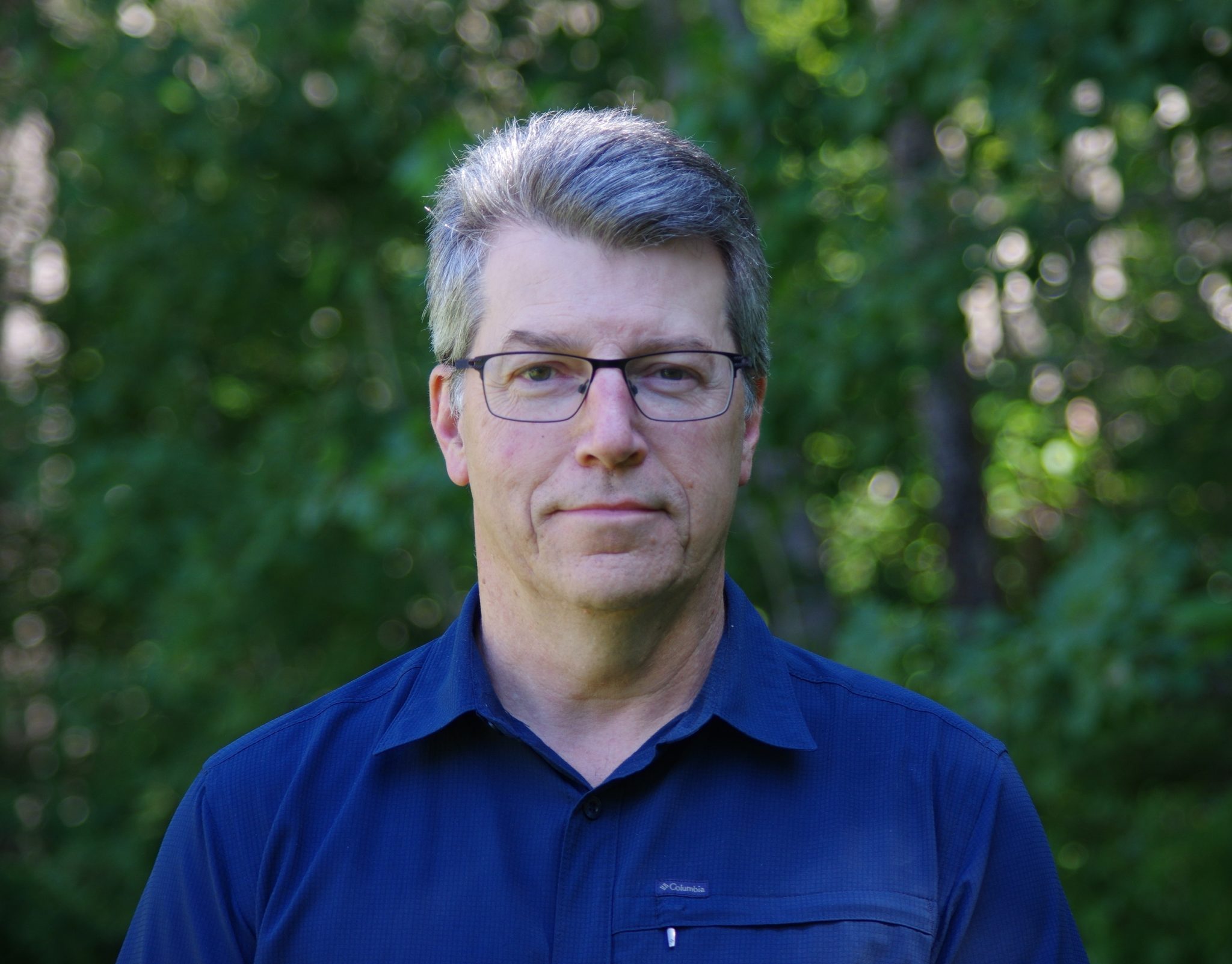
Keynote Speaker: Daniel Caissie
Fisheries and Oceans Canada, Gulf Fisheries Centre, Moncton, NB
- Bachelor of Applied Science (Civil Engineering), Université de Moncton, 1986
- Master of Applied Science (Civil Engineering), Université de Moncton, 1988
- Master`s thesis: Stochastic analysis of floods in Canada using the partial duration series approach (Peak Over Threshold or POT approach)
- Ph.D. (Civil Engineering), Dalhousie University, 2003
-
- Ph.D. thesis: Stream water temperature modelling in forest catchments
-
Daniel Caissie is a scientist emeritus retired from the Department of Fisheries and Oceans Canada. He has published extensively in the field of hydrology related to fisheries and fish habitats. He was also part of the Catamaran Brook Habitat Research Project, an experimental basin within the Miramichi River (NB). His main research interests are: understanding the thermal regime of rivers, quantifying river heat exchange processes, stream temperature modelling, statistical hydrology (floods and droughts), water availability, environmental flows, river hydraulics and studying anthropogenic impacts related to fish habitat (forestry impacts on river hydrology, sedimentation and fine sediments as well as climate change impacts). Daniel has also been involved in a number of environmental impact assessments pertaining to large hydroelectric projects, namely the Toulnustouc and Romaine rivers, as well as being involved in the environmental flow evaluation of the Athabasca River. Over the years Daniel has been teaching courses at the Faculty of Engineering, Université de Moncton at both the undergraduate and graduate level (Applied Hydrology; Open Channel Hydraulics; Research Methods). In recent years, he has worked towards improving our understanding of river evaporation and streambed heat fluxes using new and innovative approaches (e.g. floating minipans as well as using heat as a tracer to study groundwater heat fluxes).
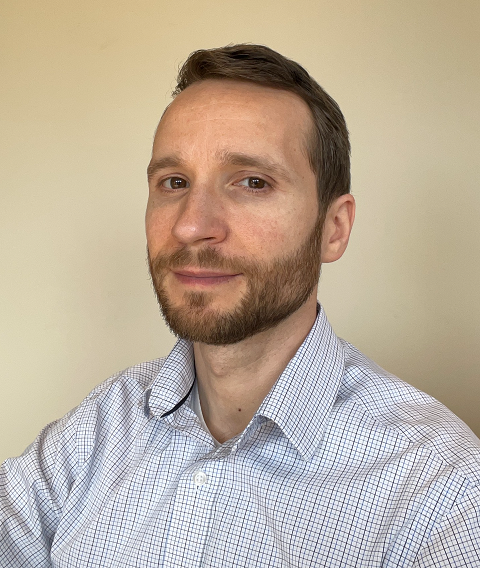
Keynote Speaker: Jean Bergeron
Dr. Jean Bergeron is a Mission Scientist in the Sun-Earth System Sciences directorate of the Canadian Space Agency (CSA). CSA’s mandate is to promote the peaceful use and development of space, to advance the knowledge of space through science and to ensure that space science and technology provide social and economic benefits for Canadians. This includes the development and operation of Earth Observation satellites to gather information about Earth’s oceans, land, climate and populated areas in order to understand our changing environment, sustainably manage our resources and ensure the safety and security of Canadians.
Jean completed his undergraduate studies in Physics at Bishop’s University. He followed his studies at the Université de Sherbrooke where he obtained an M.Sc. in Geographical Sciences with a specialization in Remote Sensing and a Ph.D. in Civil Engineering. He performed a postdoctoral fellowship and subsequently became a lecturer and research associate at the Université de Sherbrooke, where he worked on applications of remote sensing for water resource management purposes.
Leveraging his experience in Earth Observation, Jean now focuses his efforts on satellite missions such as the Surface Water and Ocean Topography (SWOT), among other initiatives that offer large-scale observations on one of Canada’s most important resources – Water.


